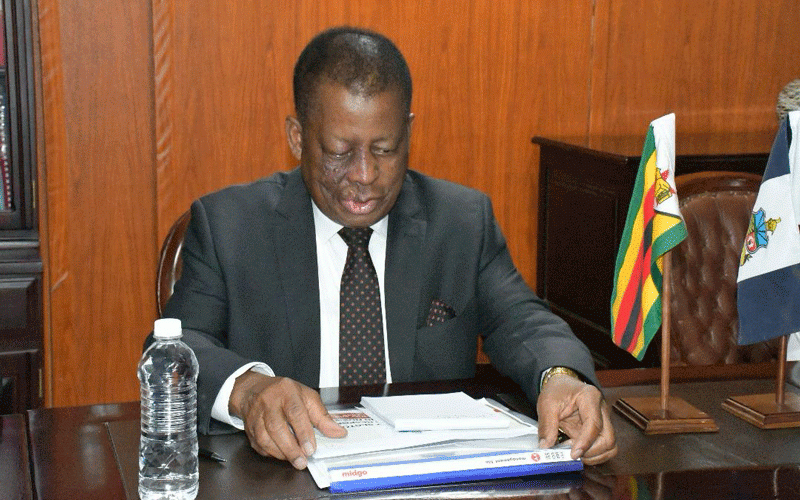
BY SHARON SIBINDI
Bulawayo photo-journalist Crispen Ndlovu is working on a documentary about government atrocities dating back to Gukurahundi including last year’s August 1 killings.
The 80-minute film titled The Killing Machine will document the alleged role that politicians played as individuals or government targetting the late Joshua Nkomo’s supporters in the early 1980s in killings where over 20 000 civilians were massacred in what became known as Gukurahundi.
Ndlovu confirmed the developments to Standard Style.
“I am doing a documentary on looking back into the roles that politicians played directly or indirectly during the Gukurahundi atrocities to date,” he said.
“We will leave no stone unturned, including the August 1 [2018] killings and the January 2019 fuel protests killings. I am doing this by myself and would not mention my crew members for fear of victimisation.”
Ndlovu said the killing of innocent Zimbabweans had gone on for too long without being checked.
“The killings will continue unless we do something about it. It is up to us Zimbabweans to talk about it and expose this kind of evil,” he said.
- Chamisa under fire over US$120K donation
- Mavhunga puts DeMbare into Chibuku quarterfinals
- Pension funds bet on Cabora Bassa oilfields
- Councils defy govt fire tender directive
Keep Reading
“The filming is ongoing, but we are in the process of gathering evidence hoping that one day these testimonies might be used to construct a case against perpetrators.
“A lot of people are coming up with their own versions and I encourage people who have been affected by these acts of violence to come forward,” he said.
He said they would put the trailer this week on all social media platforms and the documentary runs for 80 minutes.
“We are putting the trailer on YouTube and most social media platforms. The full documentary will be launched in Harare and Bulawayo as well as in South Africa — Johannesburg and Cape Town — and possibly in London.
“Some of the scenes in the documentary were taken in Harare and Bulawayo mainly, in Matabeleland North and South provinces, particularly in Tsholotsho, Inyathi, Nkayi and Gwanda.”
Ndlovu penned a controversial book, Guveya — a political satire, which has opened a new debate about Gukurahundi.











